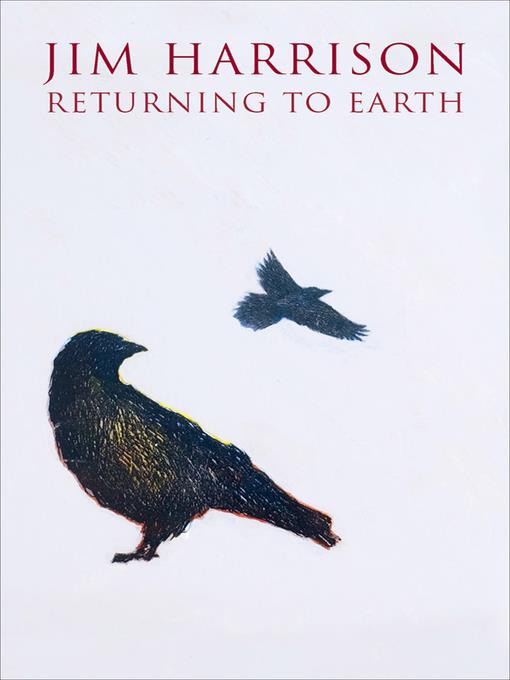
Returning to Earth
کتاب های مرتبط
- اطلاعات
- نقد و بررسی
- دیدگاه کاربران
نقد و بررسی

September 25, 2006
Dying at 45 of Lou Gehrig's disease, Donald, who is Chippewa- Finnish, dictates his family story to his wife, Cynthia, who records this headlong tale for their two grown children (and also interjects). Donald's half-Chippewa great-grandfather, Clarence, set out from Minnesota in 1871 at age 13 for the Upper Peninsula of Michigan. In Donald's compellingly digressive telling, Clarence worked the farms and mines of the northern Midwest, and arrived in the Marquette, Mich., area 35 years later. As Donald weaves the tale of his settled life of marriage and fatherhood with that of his restless ancestors, he reveals his deep connection to an earlier, wilder time and to a kind of people who are "gone forever." The next three parts of the novel, each narrated by a different member of Donald's family, relate the story of Donald's death and its effects. While his daughter, Clare, seeks solace in Donald's Anishnabeg religion, Cynthia and her brother, David, use Donald's death to come to terms with the legacy of their alcoholic father. The rambling narrative veers away from the epic sweep of Harrison's Legends of the Fall
, and Donald's reticence about the role religion plays in his life dilutes its impact on the story. But Harrison's characters speak with a gripping frankness and intimacy about their own shortcomings, and delve into their grief with keen sympathy.

Starred review from November 15, 2006
Time, memory, and the land all play key roles in Harrison's remarkable new novel, set, like much of his work (e.g., "True North"), in Michigan's Upper Peninsula. At the center of the story is Donald, a middle-aged Chippewa-Finnish man dying of Lou Gehrig's disease. His dignity, presence, and approach to life, deeply influenced by Native American culture and spirituality, have had a powerful effect on his family, and the novel is largely concerned with his feelings about his impending demise and his family's reactions to it. Along with the example of his life, his legacy is a family history he dictates to his wife, Cynthia, during his last days in order to preserve what memories he can for those who remain, including children Clare and Herald. After his death, the family must come to terms with how he has affected their lives and find their own ways both to honor him and to let him go. A deeply felt meditation on life and death, nature and God, this is one of Harrison's finest works. Recommended for all public libraries. [See Prepub Alert, "LJ" 9/15/06.]Lawrence Rungren, Merrimack Valley Lib. Consortium, Andover, MA
Copyright 2006 Library Journal, LLC Used with permission.

October 15, 2006
Mortality is much on the mind of the longtime chronicler of Michigan's Upper Peninsula, and in his new novel, he gives eloquent expression to death and the grieving process through the character of Donald. A man of few words, Donald suddenly finds himself compelled to spill out his family history after being diagnosed with Lou Gehrig's disease at the age of 45. His wife, Cynthia, sits at his side, recording his words for their two children. And the stories he tells about his Chippewa-Finnish father and grandfather, the "kind of people gone forever," are tales of restlessness and the hard work of mining and ranching. By contrast, his own life has been more centered, revolving around his marriage and children and his Anishnabeg religion, although he feels a powerful connection to his people through their mutual reverence for the natural world. He faces his death with the same dignity with which he has lived his life. As the narrative shifts to record how Donald's family members cope with their grieving in the year after his passing, Harrison sounds the themes he has been working out over the course of his long and prolific career, including the healing power of nature and the deep connection between the sensual and the spiritual. In the tradition of Louise Erdrich and Thomas McGuane, Harrison displays a seemingly effortless ability to present abstract issues in earthy, muscular prose.(Reprinted with permission of Booklist, copyright 2006, American Library Association.)

























دیدگاه کاربران